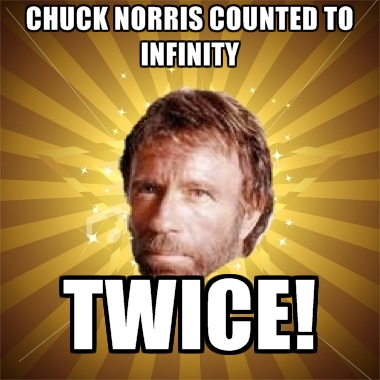
(Note: Although this reflects data from a decade ago, I think the picture now looks pretty much the same. In fact, you may note that the top-bracket income tax rate in the U.S. was jacked up from 35% to 39.6% two years ago, and the capital gains tax rate from 15% to 23.8%).
Taxation in the U.S. is actually quite progressive compared with that in most of Europe's social democracies.
While it certainly is the case that tax rates across-the-board are higher in countries like France than they are in the U.S., the disparity increases greatly as you go downward in the income distribution. That seems to come as a surprise to many progressives, who often seem to think that income and wealth disparity is largely the result of tax cuts for the "rich" (however you may choose to define "rich").
As you can see, the tax system in France is highly regressive, while the opposite is the case here.
Yet many progressives claim, or at least insinuate, that our long-term budget concerns would be substantially ameliorated if we only asked the "wealthy" to pay their fair share.
My key point is not that top-bracket tax rates are too high, too low, or anything else. I think fair-minded people on both sides of the aisle can reasonably disagree. Rather, it's that tax increases restricted to the top one percent of the distribution don't take more than baby steps toward financing the sorts of lavish government programs envisioned or supported by liberal politicians.
Raising top-bracket rates on income, capital gains, and qualified dividends to levels that would make Professor Krugman have an orgasm on the spot wouldn't come remotely close to eliminating budget deficits in upcoming years.
See commentary regarding above graphic @ http://economix.blogs.nytimes.com/20...vernment/?_r=0
